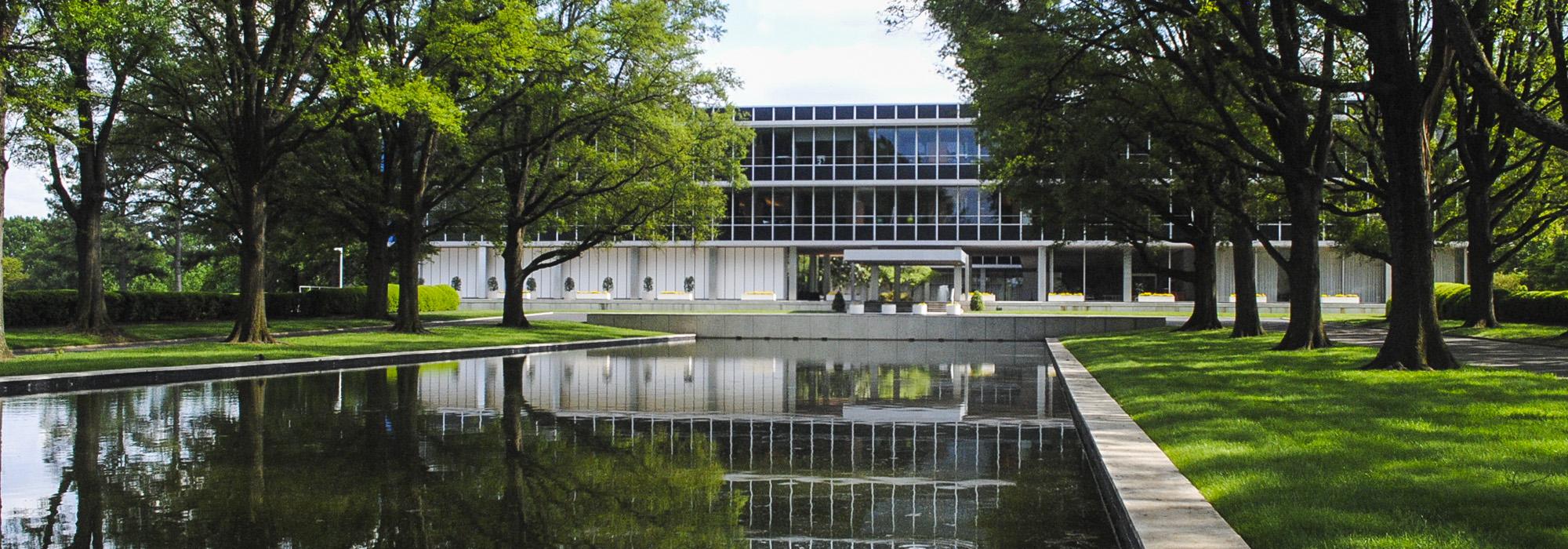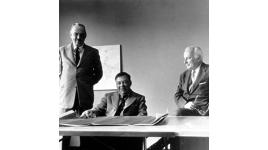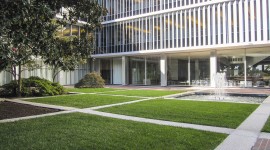Remembering Joanna C. Diman
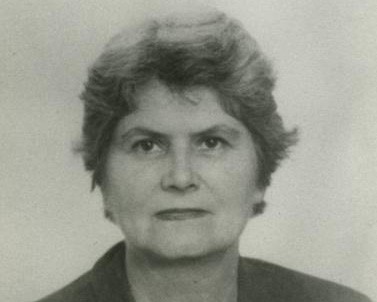
Joanna C. Diman was born to a middle-class family in New Bedford, Massachusetts, on March 31, 1901. After attending public schools, she enrolled at the Lowthorpe School of Landscape Architecture in Groton, Massachusetts, in 1920, graduating in 1923. She then worked for a series of landscape architects, first in Boston with Harold Hill Blossom and then in New York with Ellen Shipman, Annette Hoyt Flanders, and Louise Payson. As commissions diminished during the throes of the Great Depression, Diman left Payson’s firm in 1932, joining the New York City Department of Parks two years later as a planning designer. There she worked on myriad projects, including plans for several small parks, golf courses, and the Tavern on the Green restaurant.
In 1935 Diman became a landscape inspector with the Manhattan Parks Department, reviewing plans for playgrounds, parks, and other city-owned facilities within an assigned territory extending from 110thStreet to the Battery. By May of 1939, she had been promoted to supervisor of the Landscape Division of the New York Department of Parks, a position she would occupy until 1943, interrupted by lengthy travels to the Far East. She contributed to planting plans for the Grand Central Parkway and assisted with preparations for the 1939 World’s Fair in Flushing Meadows, New York.
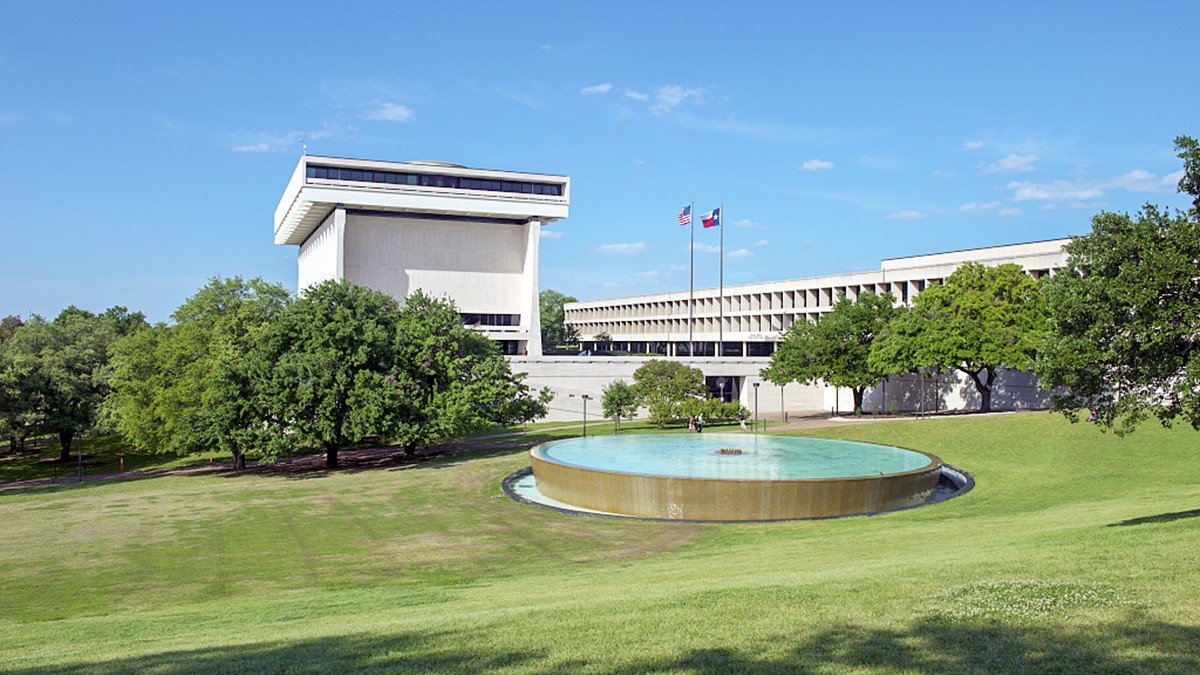
Diman accepted a position with the architecture firm of Skidmore, Owings & Merrill (SOM) in 1944. She would remain with the firm’s New York City office until her retirement in 1967. Known there as “Jo” to friends and close colleagues, she led SOM’s landscape department, contributing to high-profile commissions, such as the Albright-Knox Art Gallery in Buffalo, New York, and the Lyndon Baines Johnson Library and Museum in Austin, Texas; academic campuses, including that of Smith College, the Cummings Arts Center at Connecticut College, and Chapel House at Colgate University; and several corporate campuses, including the headquarters for Connecticut General in Bloomfield, Connecticut, Union Carbide in Eastview, New York, the Ford Motor Company Administrative Center in Dearborn, Michigan, the H.J. Heinz Research Office in Pittsburg, Pennsylvania, and the Reynolds Metal Company International Headquarters in Richmond, Virginia. Although SOM often turned to better-known landscape architects as consultants, including Dan Kiley, Lawrence Halprin, and Hideo Sasaki, Diman’s work garnered rare praise from Gordon Bunshaft, one of the firm’s partners, who called her “marvelous” …one who “knew her trees and bushes,” but also described her as “cantankerous,” perhaps indicating her willingness to give strong opinions. It was, in fact, Diman who designed the landscape for Bunshaft’s personal home at Georgica Pond in East Hampton, New York.
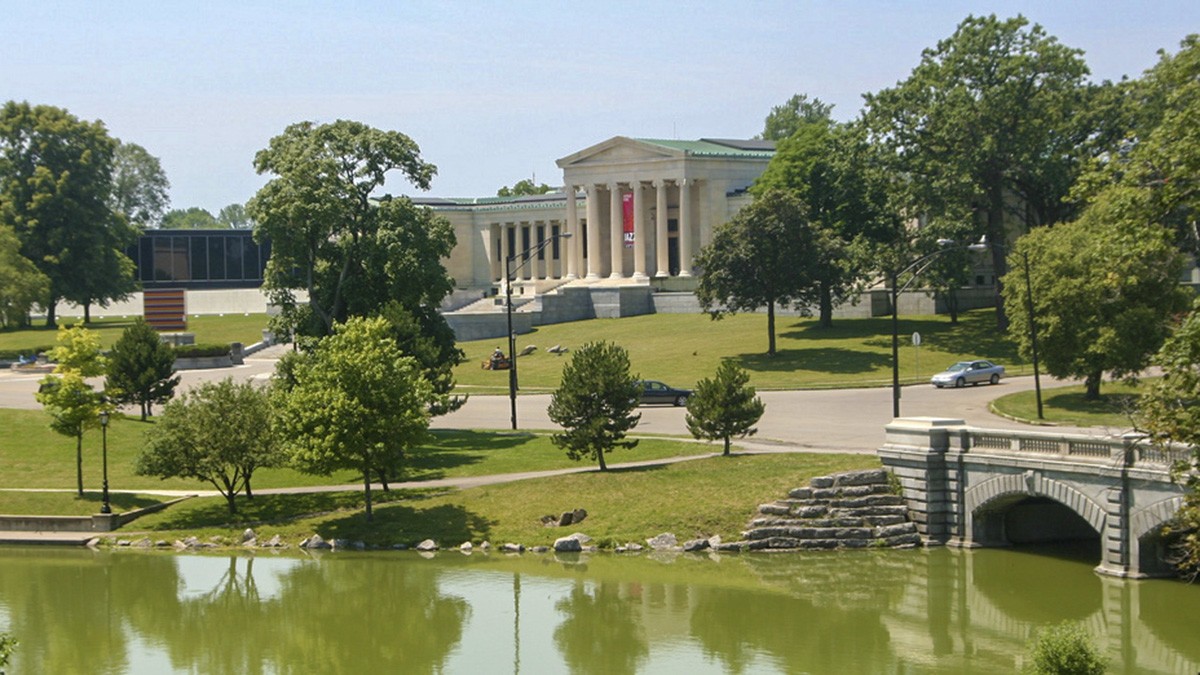
Having gained knowledge of Eastern landscape traditions during her travels, Diman also proved a particularly valuable asset in SOM’s collaborations with Isamu Noguchi. Her work with the artist on the Connecticut General commission, for example, was notable for the balance it achieved among the buildings, sculpture, and landscape. For the Albright-Knox museum, Diman successfully blended the bold, Modernist design of the addition by Bunshaft with the larger, Picturesque landscape of Delaware Park, designed by Frederick Law Olmsted, Sr., and Calvert Vaux. After retiring from SOM, Diman reportedly moved to California for a time. She died on December 5, 1991, at the age of 90 and is buried in Forest Hill Cemetery in Madison, Wisconsin.
Bibliography
Adams, Nicholas. “Joanna C. Diman (1901–91): A “Cantankerous” Landscape Architect at Skidmore, Owings & Merrill,” in Journal of the Society of Architectural Historians 77, no.3, 339-48.



